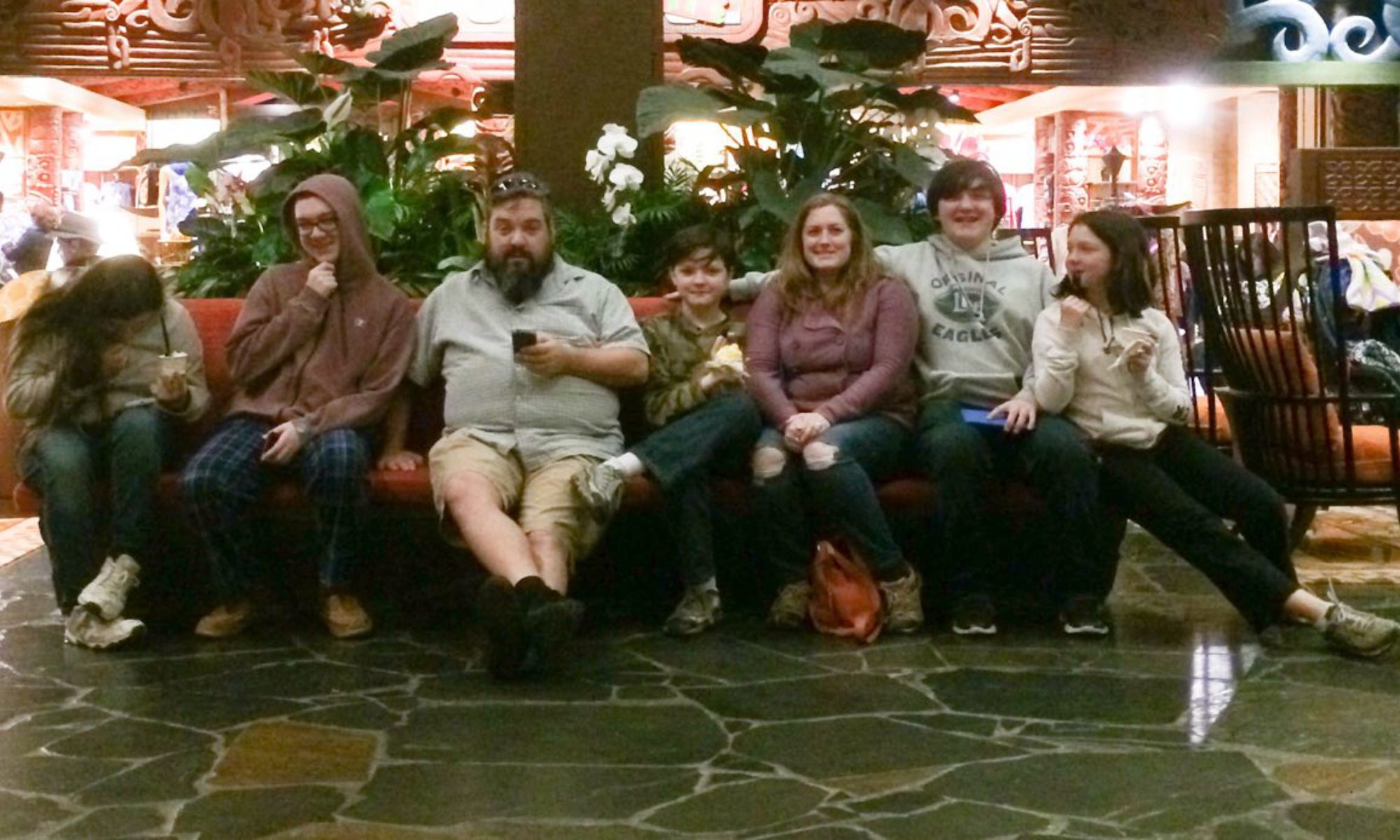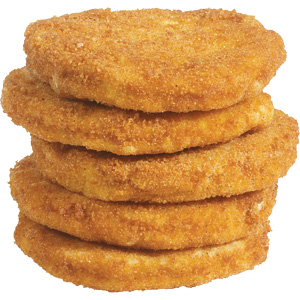Bloodwork with fasting. Morning draw. Routine.
It was a warm, sunny morning, about 80 degrees—a contrast after several days of cold spring weather. I was borrowing my daughter’s SUV, which I wasn’t used to driving, so I left a little earlier than usual. As I drove farther from my country home, the roads narrowed into a mess of one-way city streets. I had to go to a new lab today. It was cheaper that way.
I found the building just past the railroad tracks in a run-down strip mall tucked behind a vacant-looking Dollar General.
My appointment wasn’t until 8:15.
I arrived at 7:30 a.m.
There was a sign taped to the window that said:
MEDICAL TESTING: 7AM–4PM, MONDAY-SATURDAY
DRUG TESTING: 8AM–11AM, MONDAY–THURSDAY
As I entered through the heavy door, I could feel my eyes adjusting to the dimly lit room. The blinds were closed. The air was stagnant. The room was dressed in gradients of corporate gray—walls, floor, and ceiling. It was purposefully utilitarian and forgettable.
Four vinyl-padded chairs lined the wall by the window.
A water cooler hummed quietly in the corner.
There was a plain wooden door straight ahead, which I guessed led to the exam room.
Protected behind a reinforced glass pane, a young woman in scrubs sat at a desk and scrolled through her phone. She didn’t look up when the door opened. Her false lashes were long and feathery. Her hair was dyed plum.
The motion sensor on the check-in kiosk caught me as I stepped in. Without a sound, the screen efficiently blinked to life with instructions:
PLEASE SCAN YOUR STATE-ISSUED ID.
I placed my driver’s license into the holder, barcode up, under a red beam of light.
IS THIS INFORMATION CORRECT?
I checked my birthdate and address on the screen and pressed the green button.
SOMEONE WILL BE WITH YOU SHORTLY.
I chose the chair farthest from the door. Back to the wall, eyes on the exit. Old habit.
That’s when he came in.
Seventies, maybe older. Shaved head. He wore a heavy blue flannel shirt, like armor against the cold. Only, it was a warm day. He simply couldn’t hold onto body heat anymore.
He moved with a black plastic cane and pain, each step deliberate. His frame was skeletal.
He carefully lowered himself into the first chair, three seats away from me.
When I’m unsure of someone, I default to being assertive with a smile.
“Good morning, sir.”
He leaned slightly toward me, his voice quiet but angry. His eyes were dark yet cloudy—cataracts, maybe.
I noticed a white plastic hospital bracelet peeking from beneath his sleeve. Tattoos covered his hands—faded ink on weathered skin, the kind that once meant something and now just marked time
“They sent me home to die,” he snarled.
“To die?”
He nodded. “I made the doctors release me from the hospital. There was nothing more they could do except try to keep me comfortable. But, I told them no – I need to go home and put my affairs in order.”
He said the doctors offered one more blood test—a consolation gesture — to make it seem like they were still trying. He said they told him it might show whether the cancer was the kind that stayed put—he pointed to his chest—and could be treated, or the kind that would spread. That’s why he was here. It was worth a shot.
“When I got home last night,” he said, “I told my family. Instead of saying kind things to me, my kids started fighting. Not over who would care for me, but over what I’d leave behind when I’m dead. My estate. Things. As if I wasn’t sitting right there next to them.”
He looked away, closed his eyes, and sighed in disgust.
“So, I’m thinking I might leave,” he said. “I could go up to my place in the mountains, into the woods. Me and God.” He gave a soft, bitter laugh. “They won’t find my body, and they can’t claim anything without a death certificate.”
His voice cracked as he added, “I love them, but I don’t know if they feel the same way about me. They weren’t there for me when I got sick. Not even to help me get to appointments.”
There was nothing to say to that. Not really.
The pain in his heart seemed to hurt him more than the cancer.
“What’s your name?” I asked.
“José,” he said, pointing to his name across the top of a rumpled pile of lab slips stapled together.
“May I pray with you, José?”
He nodded.
I stood up from the corner chair and moved to sit beside him. I placed my arm gently across his back—I could feel every ridge of his spine through the flannel. I began to pray.
“Thank You, God, that You blessed me by letting me meet José today. Please comfort him and hold him close.”
The plum-haired phlebotomist came out from behind the exam room door and called my name across the room.
I didn’t move.
“I need a minute,” I said, holding up one finger in her direction.
I continued to pray. “Please give the doctors wisdom as they look at his test results, and let there be a clear answer.”
José began to sob—his shoulders shaking. He put his head on my shoulder.
“Please forgive me, God,” he pleaded, choking on sorrow and grief. “I don’t deserve it, but I’m asking You for another chance.”
“Lord, hear José’s prayer,” I prayed. “Thank You for sending your Son Jesus, who is the same yesterday, today, and forever. We trust You with our past, our present, and our future. Because of Jesus, we are forgiven. Because of Jesus, we don’t have to fear death. Because of Jesus, we have victory.”
I could feel the phlebotomist staring impatiently.
I didn’t care.
“Holy Spirit, work in the hearts of José’s family and bring peace to his household. Help his family to see God in this situation and to trust in You. Strengthen José so he can live to see this peace. Keep his eyes on You while he walks through this valley, knowing You love him and will not leave him or forsake him. In Jesus’ name I pray, Amen.”
I gently squeezed his shoulder.
I looked toward the cooler. “José, may I get you some water?”
He nodded.
I dispensed the water into a plastic cup and handed it to him. He carefully held it with both hands and sipped it slowly.
Then he looked up at me, eyes shining through the cloudiness.
“Thank you, mami,” he said.
I followed the phlebotomist through the wooden door. She snapped on her blue latex gloves as she walked ahead of me.
When I came back into the waiting room, pressing the small cotton ball to the inside of my arm, José was just being called in.
“I’m praying for you, brother,” I said.
He smiled and gave me a thumbs-up.
I got to the car and checked the time. It was only 8:09.
I would have missed him if I’d been on time.


